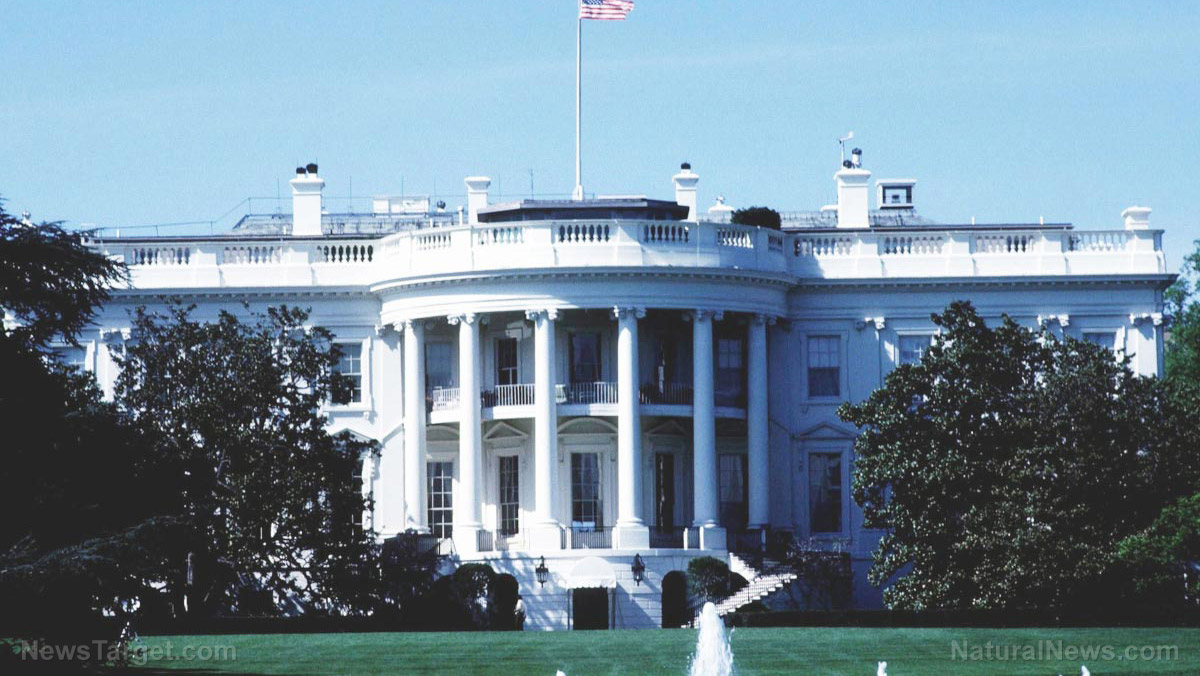
- DHS is offering $1,000 and free flights to illegal immigrants who voluntarily leave the U.S. through the CBP Home app, cutting deportation costs by 70%.
- The program aims to reduce enforcement expenses and risks for migrants and officers, encouraging orderly departures instead of forced removals.
- Critics argue the policy rewards illegal immigration, while DHS defends it as a cost-effective and safer alternative to detention and deportation.
- The initiative aligns with Trump’s focus on deporting criminal migrants, as border apprehensions drop and voluntary departures rise.
- DHS claims self-deportation may help migrants preserve future legal reentry options, though no guarantees are provided.
A smarter, cheaper alternative to forced removals
For years, the U.S. government has spent billions arresting, detaining, and deporting illegal immigrants in a costly and logistically intensive process. Now, DHS is betting that financial incentives will encourage more orderly and cost-effective departures. "If you are here illegally, self-deportation is the best, safest and most cost-effective way to leave the United States to avoid arrest," DHS Secretary Kristi Noem said in a statement. "This is the safest option for our law enforcement, aliens, and is a 70% savings for U.S. taxpayers." The program allows migrants to avoid detention and forced removal by using the CBP Home app to coordinate their departure. Once verified, they receive a $1,000 stipend, but only after they’ve left the country. Officials say this approach not only cuts costs but also reduces risks for both migrants and law enforcement.Critics call it a "reward for lawbreaking"
While the program promises fiscal benefits, critics argue it effectively rewards illegal immigration with taxpayer dollars. Some advocacy groups, like Make the Road New York, have condemned the initiative as "cruel" and "misleading," claiming it fails to address the legal barriers migrants face if they later attempt to return. However, DHS maintains that the long-term savings and efficiency gains justify the approach. The agency also notes that self-deportation carries fewer legal consequences than forced removal, potentially making it easier for individuals to seek lawful reentry in the future. People who choose to leave "may help preserve" their ability to legally return, DHS stated, though it did not specify any guaranteed pathways.A shift in enforcement priorities
The new initiative comes as the Trump administration intensifies efforts to deport criminal migrants, including alleged MS-13 and Tren de Aragua gang members, some of whom have been transferred to a prison in El Salvador following their designation as foreign terrorist organizations. Meanwhile, border apprehensions have reportedly dropped sharply, signaling a potential shift in migration patterns. Thousands have already left the U.S. voluntarily in recent months, and DHS expects the financial incentive to significantly boost those numbers. But whether the program will achieve its intended cost savings or simply draw criticism as a taxpayer-funded handout remains to be seen. For now, DHS wants to send the message that if you’re in the U.S. illegally, leaving voluntarily is the cheapest, safest, and most practical option. "Download the CBP Home App TODAY and self-deport," Noem urged. The DHS self-deportation program represents a pragmatic, if controversial, attempt to balance enforcement with fiscal responsibility. By offering cash incentives instead of costly detentions, the agency hopes to clear backlogs, save money, and discourage illegal immigration, all while giving migrants a less punitive exit strategy. Whether it succeeds may depend on how many take the deal. Sources for this article include: YourNews.com FoxNews.com Reuters.comFrom Gaza to Iran: How Israel’s escalating strikes could drag the world into war
By Finn Heartley // Share
Mexican president rejects Trump’s offer to deploy U.S. troops against cartels
By Cassie B. // Share
White House: Changing a minor’s gender is “child abuse” and “medical malpractice”
By News Editors // Share
D.C. Circuit upholds Trump’s Voice of America overhaul in bipartisan show of executive power
By Willow Tohi // Share
Trump signs executive order defunding NPR and PBS
By Laura Harris // Share
Warren Buffett: Trump tariffs risk global economic "act of war"
By willowt // Share
U.S. Health Secretary: Chemtrails are real and must be stopped
By sdwells // Share
Putin warns of potential nuclear escalation amid Ukraine conflict, accuses West of provocation
By bellecarter // Share
Farro: An ancient supergrain making a modern comeback
By lauraharris // Share










